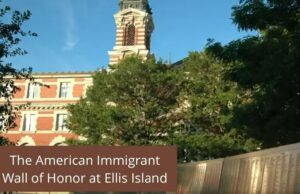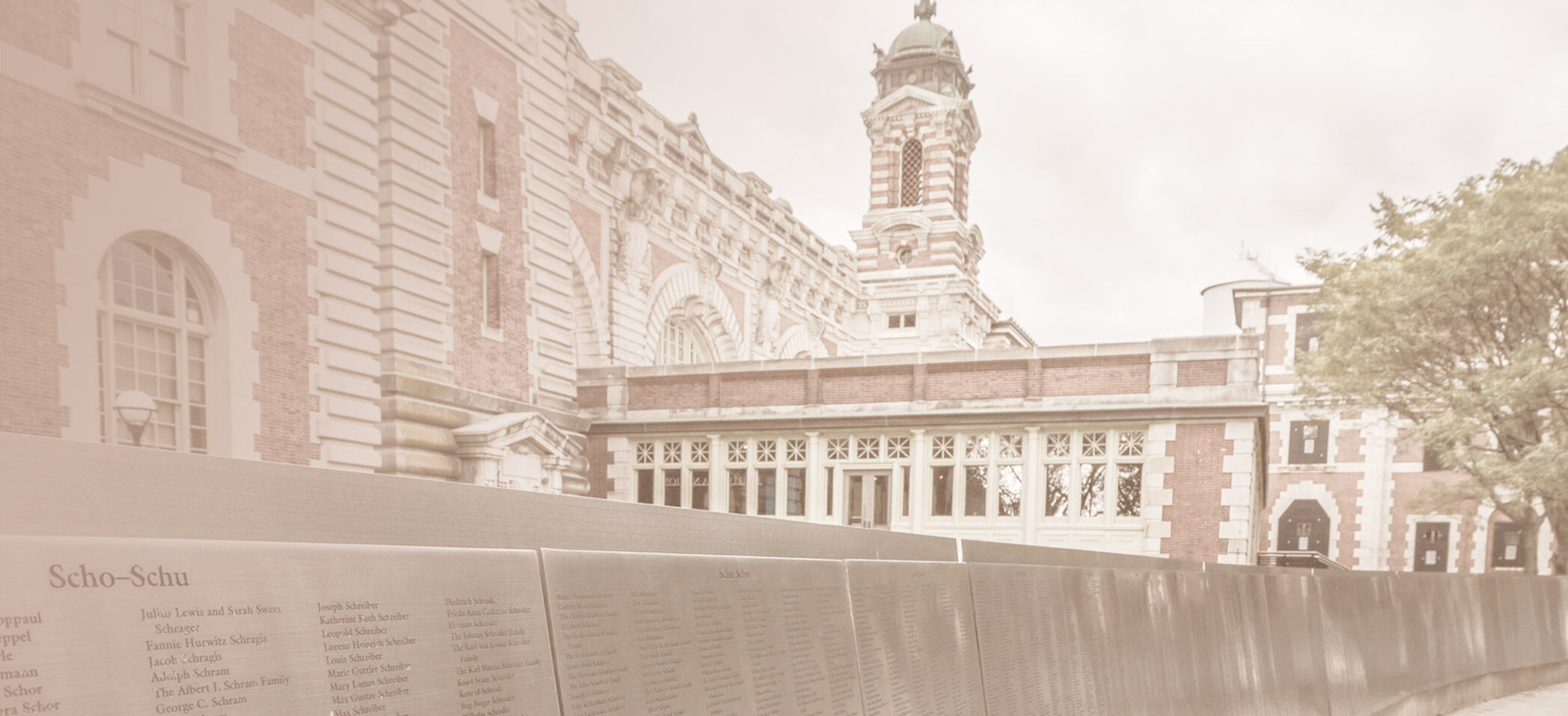Add a name to the newly expanded
AMERICAN IMMIGRANT
WALL OF HONOR



The American Immigrant Wall of Honor celebrates the immigrant journey. Located alongside the Ellis Island National Museum of Immigration and overlooking Lower Manhattan, this permanent tribute to family heritage is home to nearly one million names – each representing an immigrant who had a dream.
The Wall of Honor was unveiled in 1990. Over the years, inscriptions expanded beyond just Ellis immigrants. Thousands of names etched on the Wall of Honor also recognize people who arrived in the U.S. before the Ellis immigration station opened in 1892. Individuals who came through other ports of entry, such as Boston and New Orleans, as well as recent immigrants who’ve become the newest threads in America’s unique tapestry, are all represented.
Whether your ancestors arrived on these shores centuries ago or you recently landed in the U.S., you can honor that journey on this monument to our unique immigration history.
By adding a name to the Wall of Honor you also help the Foundation fulfill its mission to preserve and restore the Statue of Liberty and Ellis Island.
Read our blog, The Torch, for more about the Wall of Honor and other Foundation activities. If you have questions, please email us at ContactUs@LibertyEllisFoundation.org.
For information regarding Wall of Honor submission guidelines, please click here.
Overlooking the Manhattan skyline, the Wall is just outside the National Museum of Immigration. If you’re arranging a trip to visit, you can look up your family’s name before your visit or on site at one of our Wall of Honor kiosks on Ellis Island.
From 1820 to 1957, New York welcomed over 65 million immigrants from around the globe in search of new opportunity. Over 800,000 immigrants and beloved ancestors are honored on the Wall of Honor.